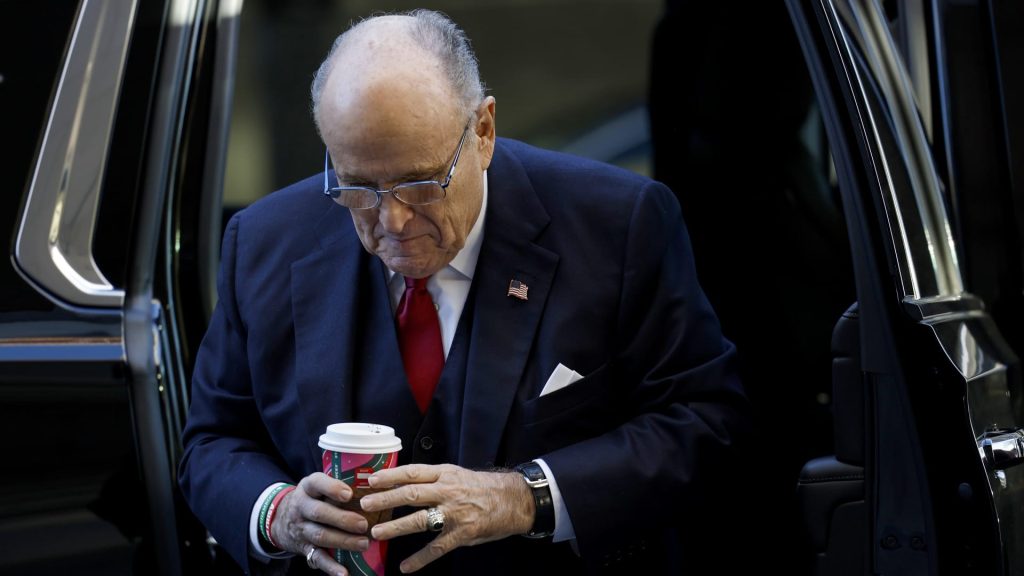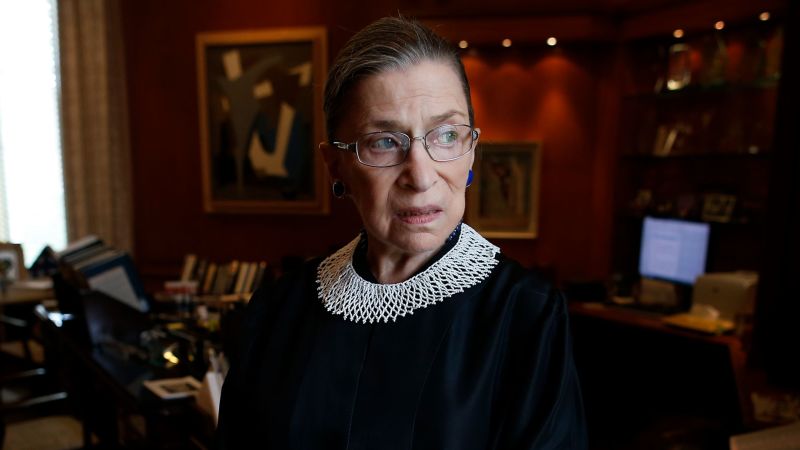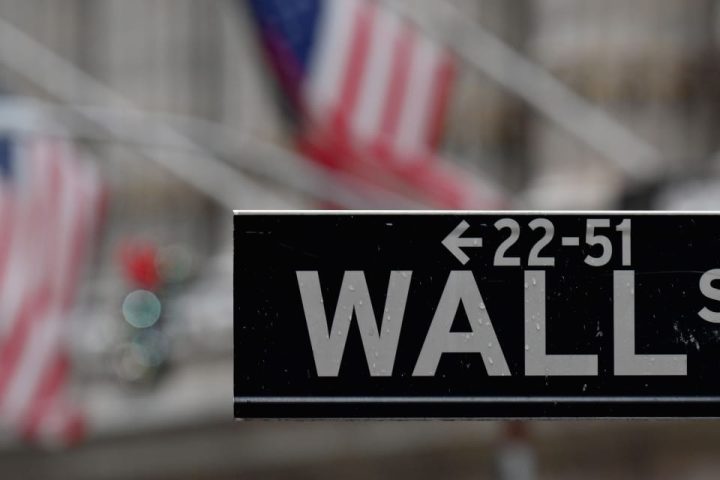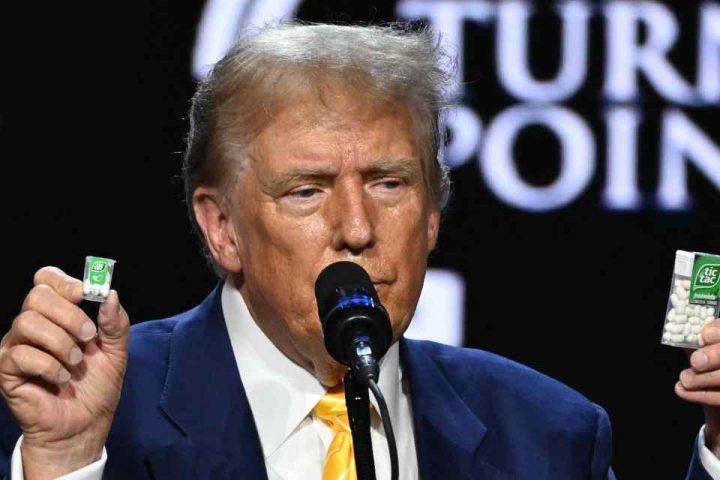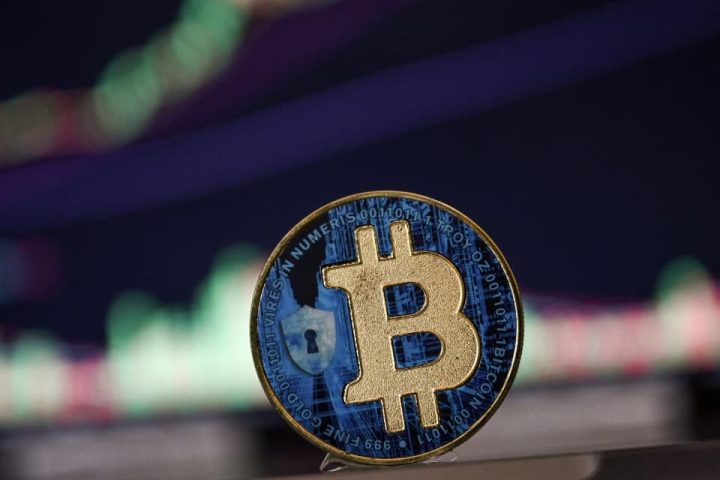By Emma Farge and Rachna Uppal
ABU DHABI (Reuters) -It was billed as the “reform ministerial” that could lay a platform for updated global trading rules fit for modern challenges, from climate change to rising agricultural and industrial subsidies.
But from day one at the World Trade Organization’s biennial gathering of ministers, the warning signs were clear that major trading nations were not in a mood for the sort of compromise required to achieve progress on any track.
WTO Director-General Ngozi Okonjo Iweala had curbed expectations as the conference opened, with wars and tensions fragmenting the global economy into separate blocs and the U.S. and other elections limiting room for manoeuvre.
The first day of negotiations did not go smoothly.
Indian Commerce Minister Piyush Goyal only arrived during the course of Tuesday, by which time his Chinese counterpart Wang Wentao had departed.
Almost all members arrived in Abu Dhabi wanting to restore the WTO’s ability to resolve trade disputes, which the United States has hobbled by blocking judge appointments to the appeals body that acts like a supreme court for global trade.
Norwegian Foreign Minister Espen Barth Eide sought to broker a compromise and secure a WTO commitment towards a return to this system, but was rebuffed by U.S. Trade Representative Katherine Tai in a meeting sources said ended abruptly.
Tai declined to comment on the meeting but was positive about ongoing negotiations. And WTO members did agree to continue talking on the matter in 2024.
Light relief did at least come by the evening as the WTO toasted the accessions of East Timor and Comoros with sparkling wine and the jubilant East Timor delegation led a conga line around the room.
The WTO treated the two accessions as a success, but it does swell its ranks to 166 members, each of whom have veto rights under its consensus-based system to stymie agreement. Indeed, in its near 30-year history the WTO has only struck two multilateral accords, one to cut red tape and another to curb fishing subsidies.
By Wednesday, a multi-nation agreement designed to boost investment in poorer countries was blocked, despite some 120 countries having agreed to a text in November.
Meanwhile, language on climate change, expected in a final WTO communique, was parked in an annex with an explanatory note referring to “deep divergences” among members.
As negotiations continued behind closed doors on Thursday and into Friday, the United States trade representative departed, leaving trade chiefs from the European Union, India and a handful of other countries battling through to the close just beyond midnight.
India had previously signalled it was not in a mood to compromise, particularly towards extending a waiver on digital tariffs, a moratorium developed countries in particular had sought. But it dropped its opposition at the last minute following a personal request from the UAE hosts, a senior Indian official said.
At the end, Goyal expressed satisfaction that India had not lost out on anything.
But one EU official said the overall impasse was sobering and not good for the future of trade, on which the European Union relies.
“I think trade will be more and more characterised by power relations rather than the rule of law, and that I think is a big problem notably for smaller countries and for developing countries,” the official said.
“The spirit was really everyone for themselves, zero sum game.”
Read the full article here

